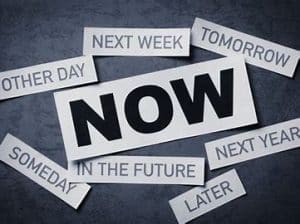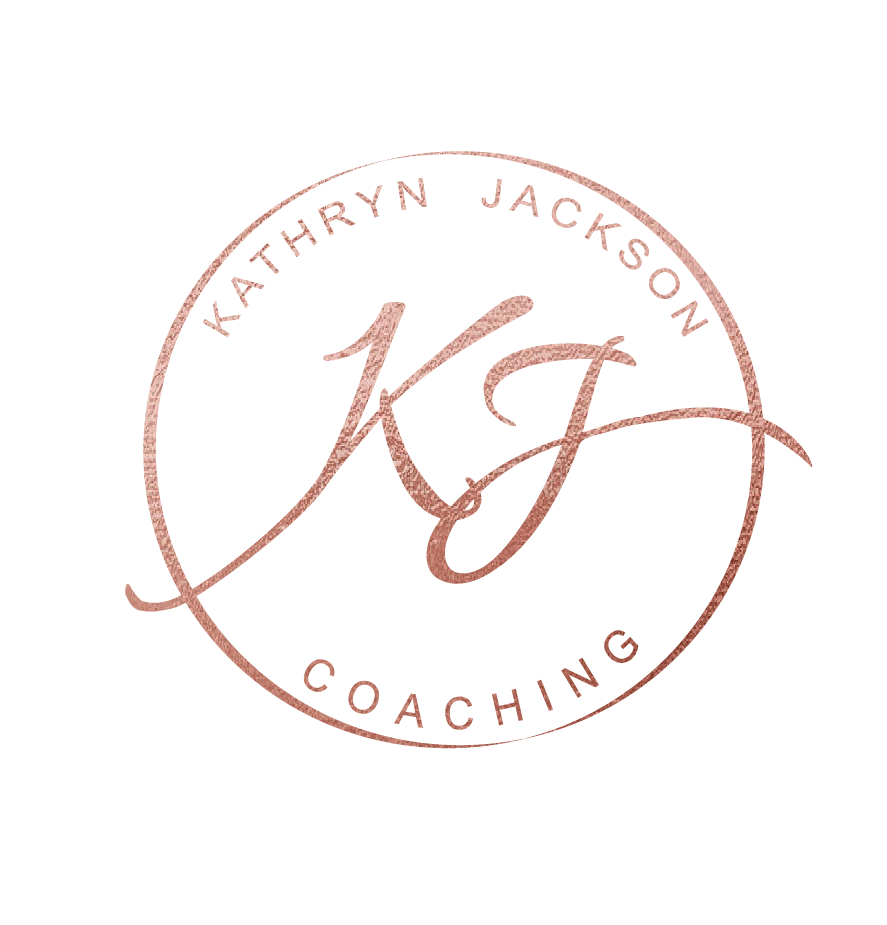Procrastination

Do you ever find yourself saying “I am a procrastinator?”
This comment says it’s who you are!
Having listened to a recent podcast I came away with this – ‘re defining this comment is important before you start to overcome it. It’s not who you are! It’s the action of postponing something. It’s an action so it’s important to set that expectation. So, it’s now just a habit and all you have to do is “clean up” the habit!’ This is a great starting point when considering procrastination.
Procrastination is putting off what you want most whether that be something small or big. It’s delaying the taking action.
Our survival brain will tell us to do what it thinks is the best thing at that moment in time which makes us feel it’s better to not do the thing you want to do, for example, not doing the hard thing and instead to conserve energy. The brain would rather not do something new or hard or something that might be uncomfortable.
Do you sometimes feel it’s easier to procrastinate and get stuck in your daily actions and to resist feeling a little uncomfortable?
If you’re not doing anything about it, you could have been trying and achieving moments of progressing towards what you really want but instead you have done nothing! Your brain finds it easier to do what you are doing rather than doing something out of your comfort zone.
The hardest step is the first step to get going but give yourself permission that some resistance is OK! Our primitive brain would rather not want to do it. Understanding this can help you see how to break down the habit.
Our brain is always trying to get pleasure and takes time to transition to something new that has challenges.
What is the real reason behind your procrastination? What’s stopping you?
Here are some of the main causes – which do you relate to?
- Our brain tells us it’s more fun not to do the “thing” than to have to overcome the short-term discomfort
- You’re not convinced of the benefits of doing it
- You don’t know what to do which usually means you may have some research to do
- Fear of failure which is thinking you’re going to fail so what’s the point, so you fail ahead of time. If you think failure is a bad thing you will avoid it
- Your standards are too high. Perfectionism is what some of us want it to be but it’s holding us back e.g. perfect before you do it or produce it
- You are trying to do too much and don’t have a plan is one of the main causes where you tell yourself you’re not sure what to do
- You choose to do other things. You are saying “yes” to other things
Here are some tips to overcome some of these…
- Break down the objective into small steps and celebrate these as you do them
- Do some background research to find out what you need to know
- Take time to reflect and decide if you really want to do it at all – what are the benefits and will doing it support your overall goals in life?
- Choose the first easy step and get started not matter what – trust yourself to do it! Be accountable to yourself
- Notice your critical self-talk and how much energy is being wasted
- Maybe say “no” to one of the things that are getting in your way
- You don’t have time to be a perfectionist. Consider why you are a perfectionist. Why do you think it’s better to be perfect rather than getting something out there or producing something?
- Maybe think of failure as “missing the mark!” Think differently. Take it as feedback instead
- When are you not sure what to do, ask yourself “If you did know, what would you do?” This propels you into action. If part of your plan doesn’t work, so what! It still gives you momentum rather than being stuck
- Get into a habit of doing something. Put everything in your calendar into time slots and not from a “to do list” as this can make you feel that you have too much to do. Put these in as a result. If you feel like not doing it, still do it and create the new habit. Listen to your highest self who knows best not the brain in the moment!
- Evaluate regularly. If you are finding a task is taking more time, give yourself more time and trust your judgement.
If you would like any support in exploring this, a personal development coach is both independent and non-judgemental, supporting you to find a way forward and progress your life goals. Please email kathryn@kathrynjacksoncoaching.co.uk to book a free consultation to explore this further.
